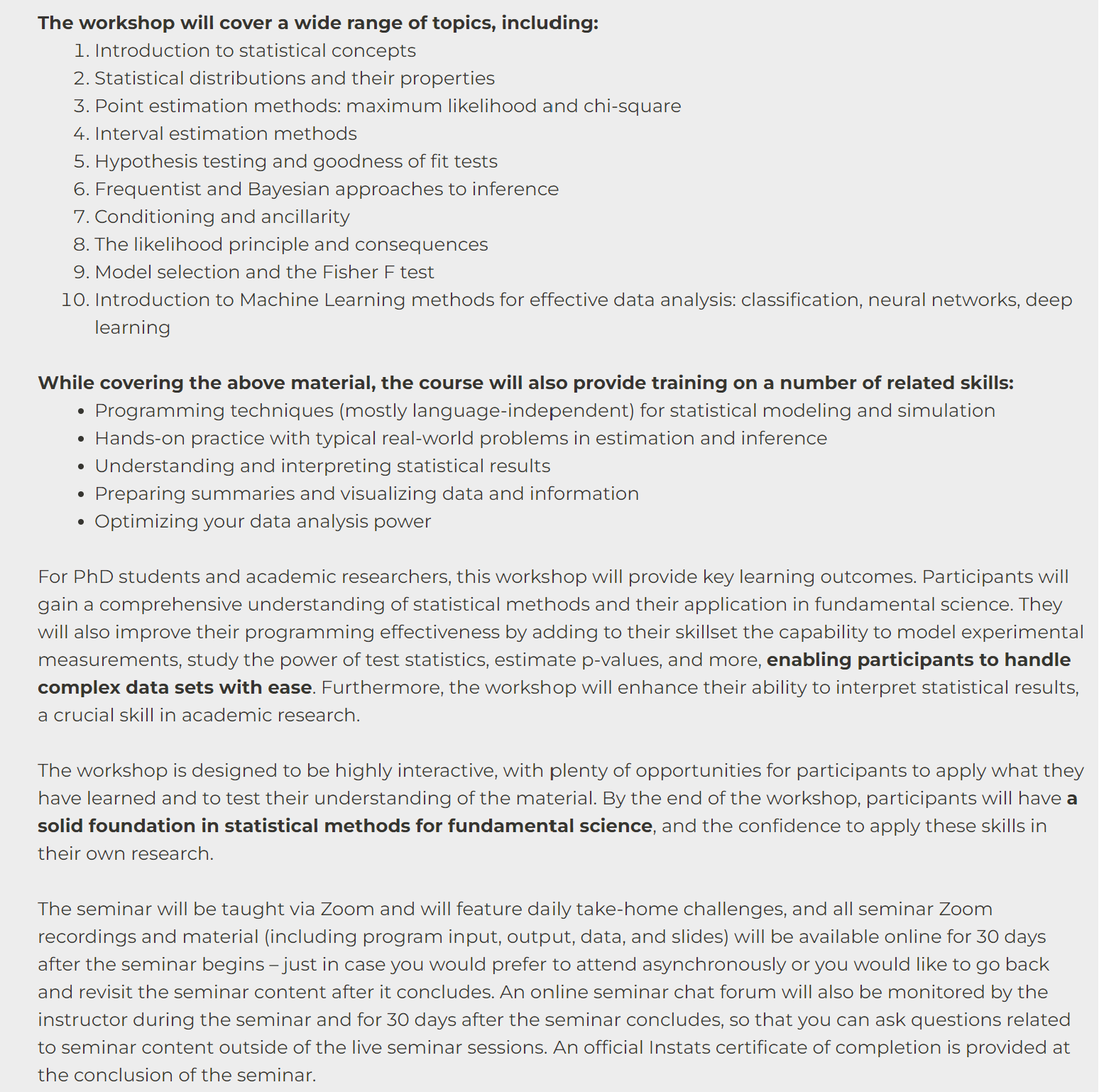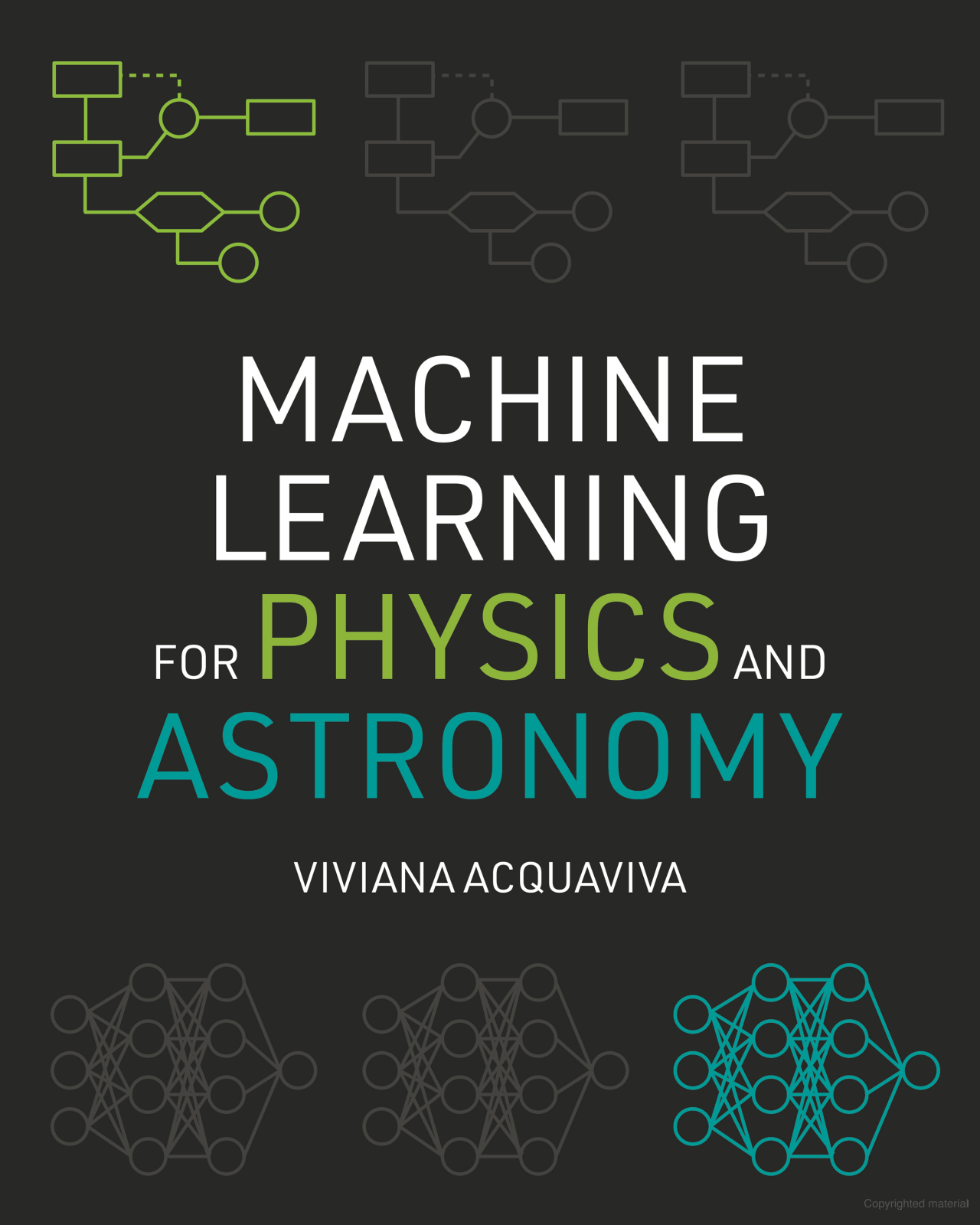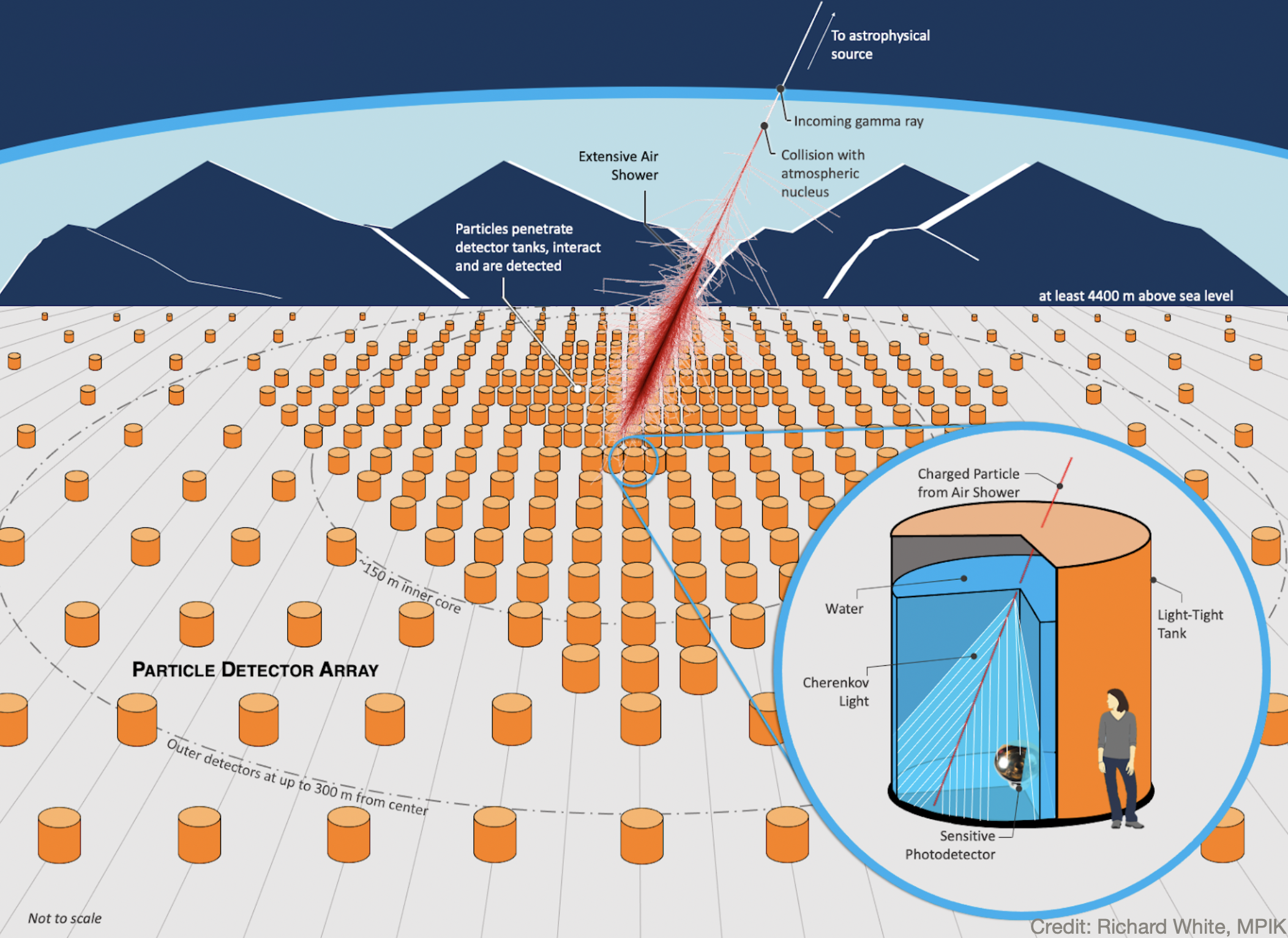 Win A MSCA Post-Doctoral Fellowship!
Win A MSCA Post-Doctoral Fellowship!Applications for MSCA Post-doctoral fellowships are on, and will be so until September 10 this...
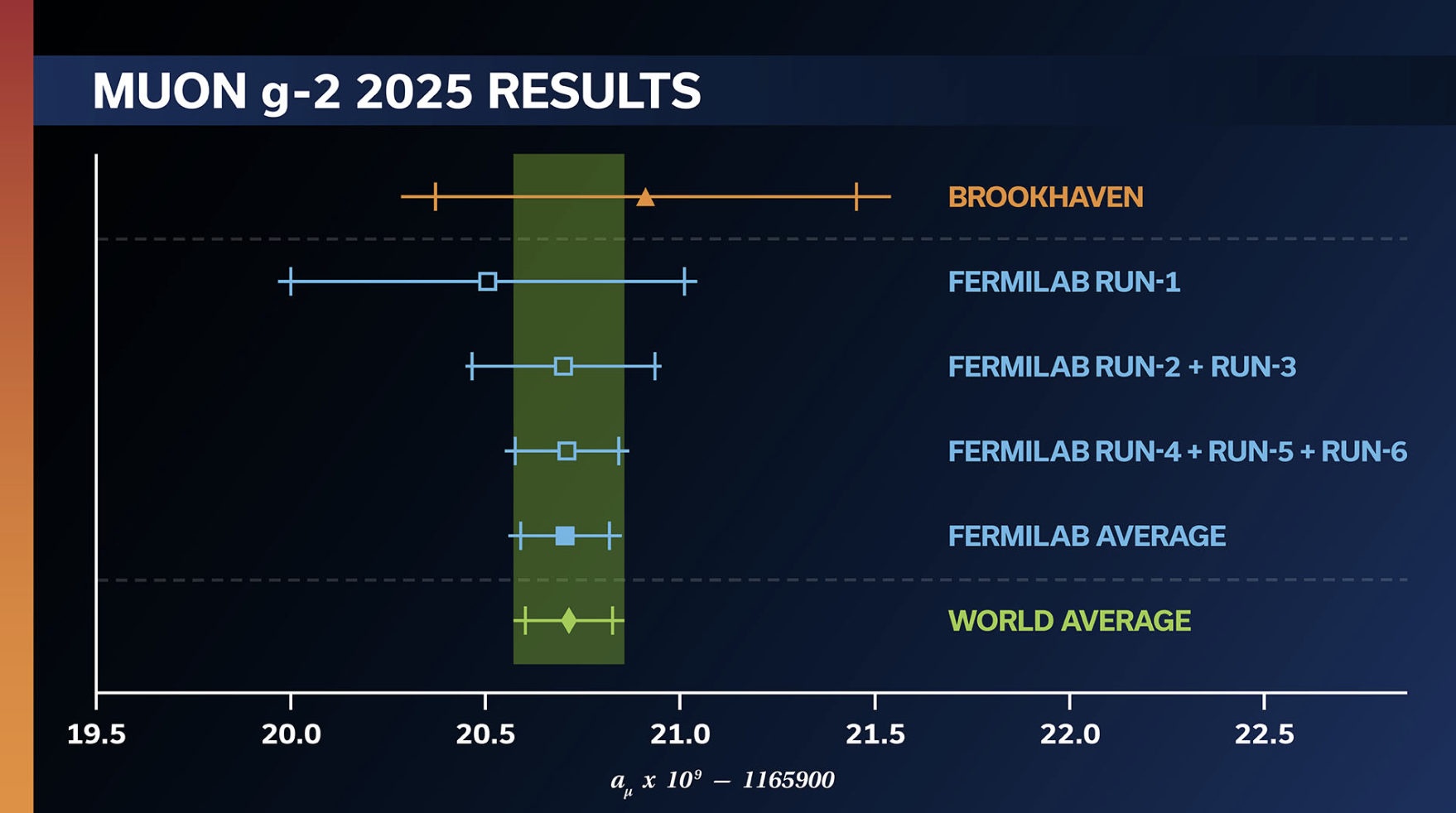 The Anomaly That Wasn't: An Example Of Shifting Consensus In Science
The Anomaly That Wasn't: An Example Of Shifting Consensus In Science Time is a gentleman - it waits patiently. And in physics, as in all exact sciences, problems and...
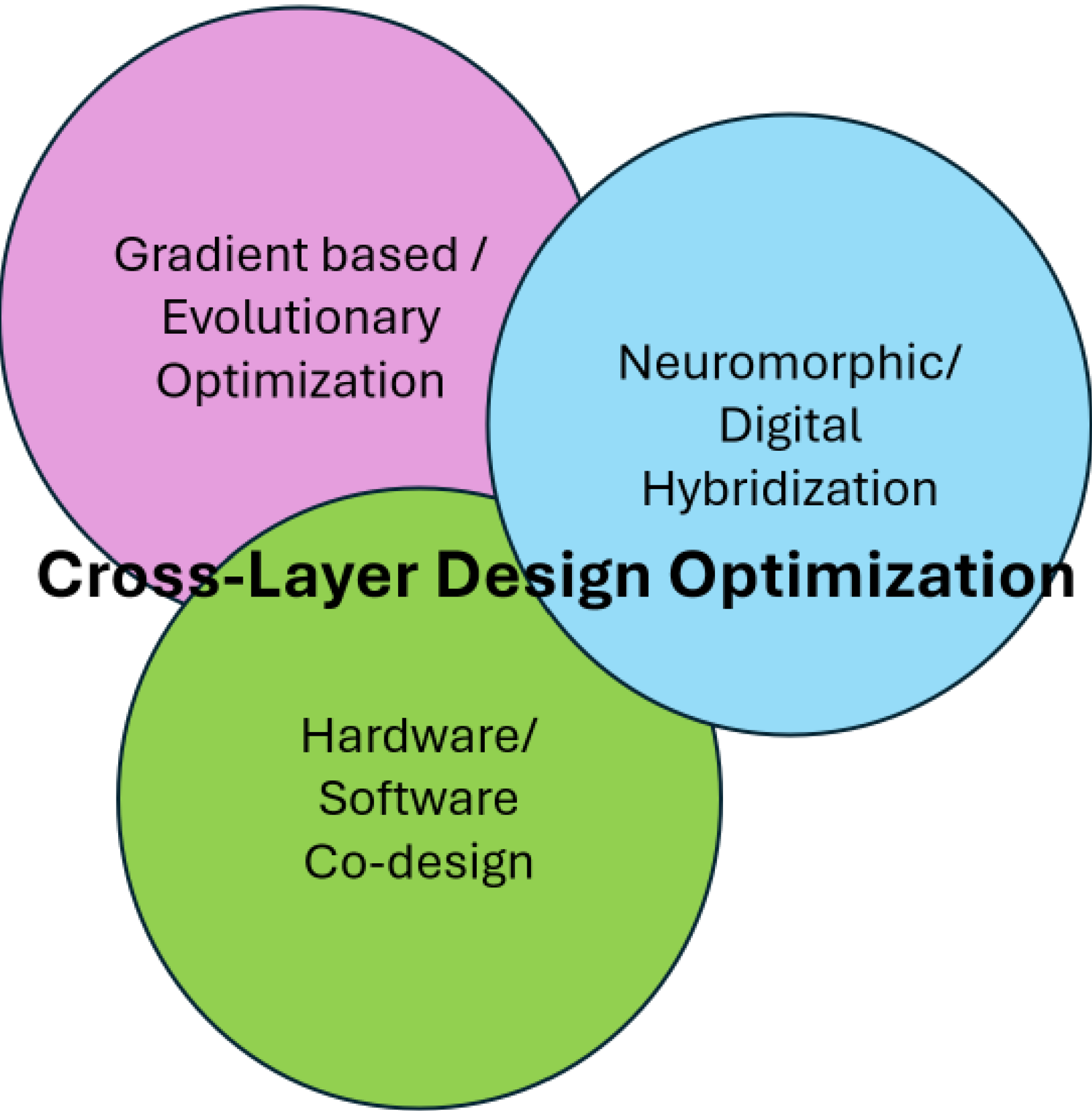 An Innovative Proposal
An Innovative ProposalThe other day I finally emerged from a very stressful push to submit two grant applications to...
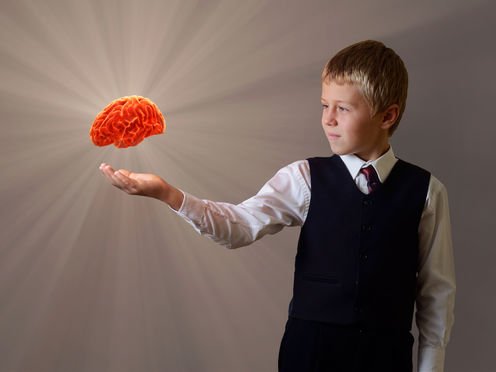 On Progress
On ProgressThe human race has made huge progress in the past few thousand years, gradually improving the living...






